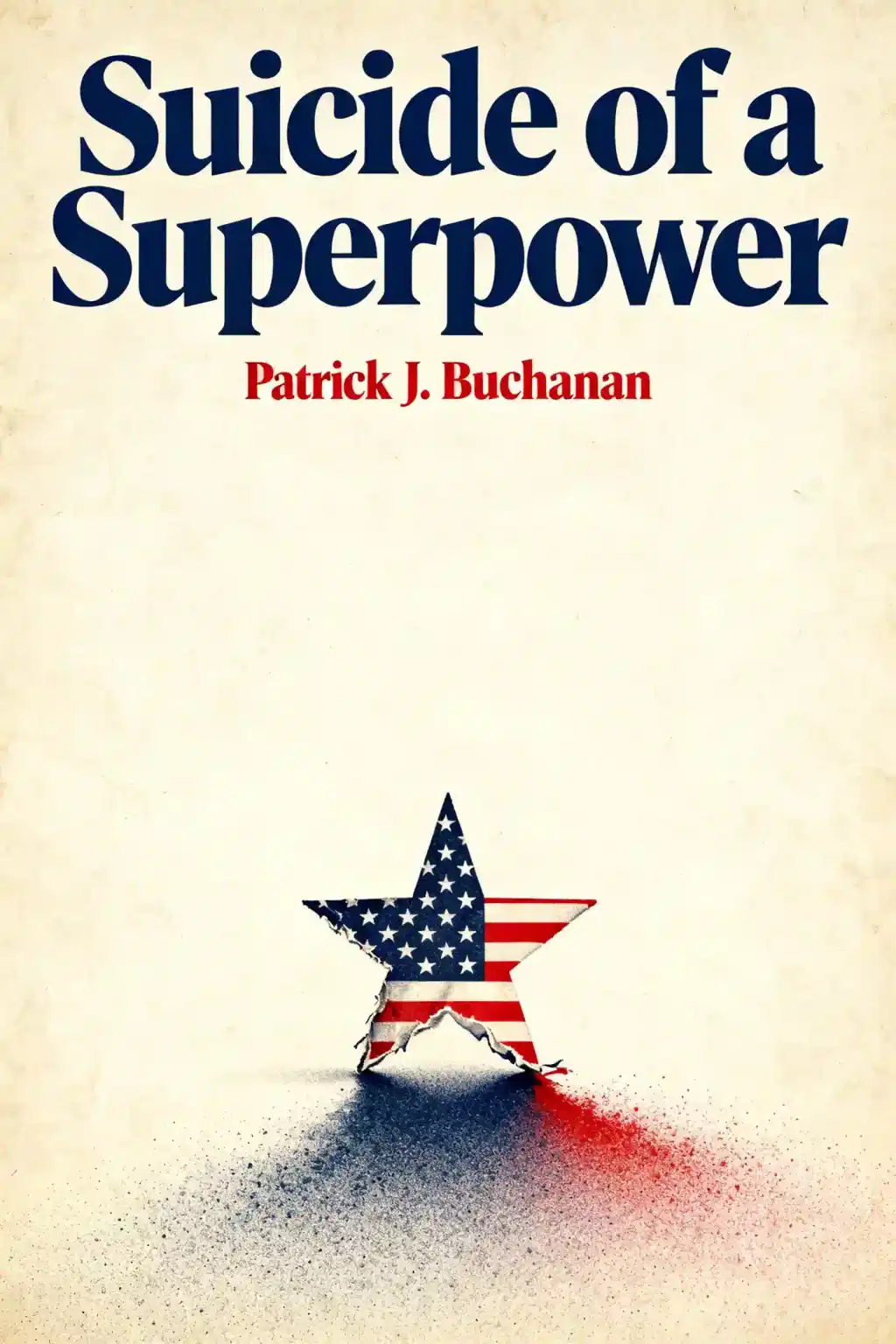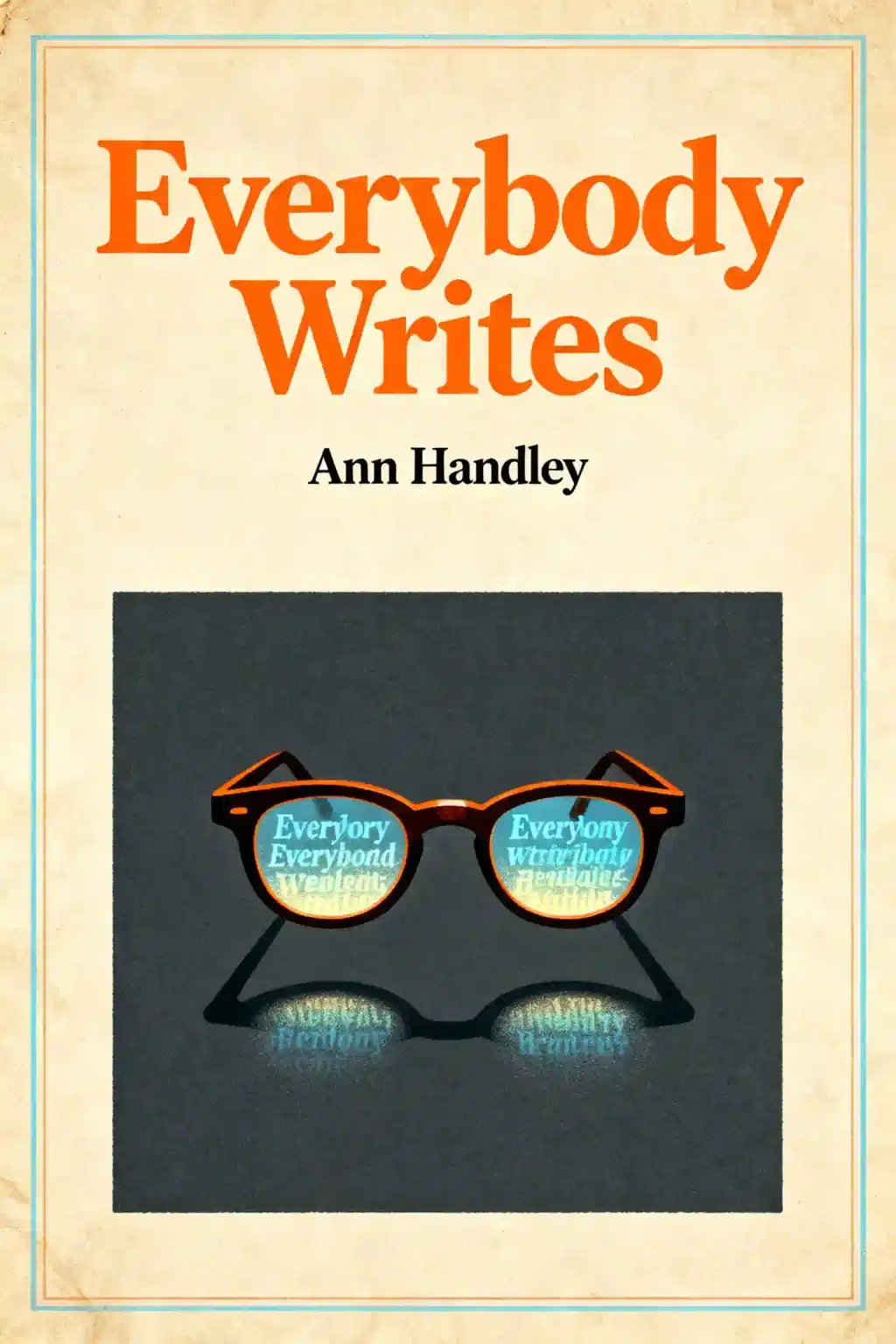What is Suicide of a Superpower by Patrick J. Buchanan about?
Suicide of a Superpower examines what Patrick J. Buchanan sees as America's disintegration through three historic changes: the loss of Christianity as the nation's cradle faith, the resulting moral and cultural collapse, and the demographic transformation of the American people. The book argues that these forces, combined with economic decline, unsustainable fiscal policies, and cultural fragmentation, are leading America toward potential collapse by 2025. Buchanan contends the nation is becoming unrecognizable from what previous generations knew.
Who is Patrick J. Buchanan and why did he write this book?
Patrick J. Buchanan is a paleoconservative political commentator who served as senior advisor to Presidents Nixon, Ford, and Reagan, and ran for president in 1992, 1996, and 2000. Known for his isolationist foreign policy views and restrictive immigration stance, Buchanan wrote this book to document what he perceives as America's self-inflicted decline and warn readers about the country's trajectory. His goal was to provide a frank, politically incorrect analysis of forces threatening American society.
Who should read Suicide of a Superpower?
Suicide of a Superpower is recommended for readers interested in conservative political analysis, demographic trends, and debates about American identity and culture. The book appeals to those seeking alternative perspectives on multiculturalism, immigration policy, and cultural change, particularly from a traditional conservative viewpoint. However, readers should be prepared for controversial arguments that critics have described as promoting white nationalism and views on race that some find deeply uncomfortable.
Is Suicide of a Superpower by Patrick J. Buchanan worth reading?
Suicide of a Superpower is worth reading for those seeking thought-provoking conservative perspectives on American decline, despite its controversial nature. Reviewers describe it as well-researched with extensive statistics and historical context, though many find the content deeply polarizing and some consider it too depressing to finish. The book provides solutions in its final chapter and offers insights into traditional conservative thinking about demographic and cultural change. Readers should approach it critically given accusations of racist undertones.
What does Patrick J. Buchanan mean by the "Death of Christian America" in Suicide of a Superpower?
The "Death of Christian America" refers to Buchanan's argument that Christianity served as America's foundational faith and unifying force, but secularization has caused sharp declines in church attendance, religious affiliation, and belief in core doctrines. Buchanan links this loss of faith to rising social problems including illegitimacy, crime, and cultural fragmentation that undermine the nation's moral fabric. He uses the quote "When the faith dies, the culture dies, the civilization dies, the people die" to emphasize Christianity's centrality to American civilization.
What are the main arguments in Suicide of a Superpower by Patrick J. Buchanan?
Suicide of a Superpower argues that America faces demographic transformation with whites becoming a minority by 2041, fundamentally altering the political and cultural landscape. Buchanan contends the nation suffers from unsustainable economic policies, massive debt, trade imbalances, and costly foreign wars that threaten financial collapse. He also argues that multiculturalism and diversity ideology prioritize group identity over national unity, fueling tribalism and ethnonationalism that fracture American society. The book critiques modern egalitarianism as distorting the Founders' intent regarding equality.
What is "Demographic Winter" according to Suicide of a Superpower?
"Demographic Winter" describes Western nations facing below-replacement birth rates that lead to aging and shrinking populations, threatening economic vitality, military strength, and cultural continuity. Buchanan contrasts this with growing populations in Africa, Asia, and Latin America, arguing these shifts will fundamentally alter global power dynamics. He warns that population decline in predominantly white, Christian Western countries represents an existential threat to their civilizations. The concept connects to his broader theme that "Demography is destiny".
How does Suicide of a Superpower by Patrick J. Buchanan address immigration and demographic change?
Suicide of a Superpower argues that rapid growth of Hispanic, Asian, and other minority populations is reshaping America's electorate and cultural dynamics in unprecedented ways. Buchanan distinguishes between natural diversity and what he calls the enforced ideology of diversity, which he believes undermines national unity and meritocracy. He references America's founders as valuing unity based on common culture and language while fearing multiculturalism's divisive effects. The book critiques affirmative action and diversity bureaucracies as fueling racial tensions and resentment.
What are the criticisms of Suicide of a Superpower by Patrick J. Buchanan?
Critics accuse Suicide of a Superpower of promoting white nationalism and containing racist undertones that make many readers uncomfortable. The book's controversial views on race, immigration, and multiculturalism generated significant backlash, with some arguing Buchanan portrays America becoming a "Third World" nation as inherently negative. Reviewers note the content can be extremely depressing and polarizing, with some unable to finish reading. However, others praise the book for frank discussion of demographic issues typically avoided in mainstream discourse.
What solutions does Patrick J. Buchanan propose in Suicide of a Superpower?
Buchanan proposes balancing the budget, paying down national debt, reducing government size, and ending costly foreign wars to address America's financial crisis. He advocates for economic nationalism through protectionist policies, reindustrialization, and ending trade imbalances, particularly with China. Buchanan calls for a return to traditional conservative values including focus on family and limited government, while emphasizing fiscal responsibility. His solutions appear primarily in the book's final chapter after documenting problems throughout earlier sections.
What does "Demography is destiny" mean in Suicide of a Superpower?
"Demography is destiny" is Patrick J. Buchanan's assertion that population changes—particularly racial and religious composition shifts—will ultimately determine America's future society, politics, and culture. This concept underlies his argument that the decline of the white Christian majority and rise of minority populations represents fundamental transformation rather than superficial change. Buchanan uses this phrase to emphasize that demographic trends, particularly birth rates and immigration patterns, are more powerful forces shaping national futures than policy decisions or economic factors.
How does Suicide of a Superpower critique globalization and free trade?
Suicide of a Superpower argues that globalization and free trade policies have caused deindustrialization, massive job losses, and dangerous economic dependence on foreign powers like China. Buchanan critiques trade imbalances as undermining both national security and sovereignty while weakening America's economic foundation. He advocates for economic nationalism and protectionist policies to restore American manufacturing strength and reduce strategic vulnerabilities created by global economic integration. The book connects economic decline to America's diminished global standing and inability to maintain superpower status.














